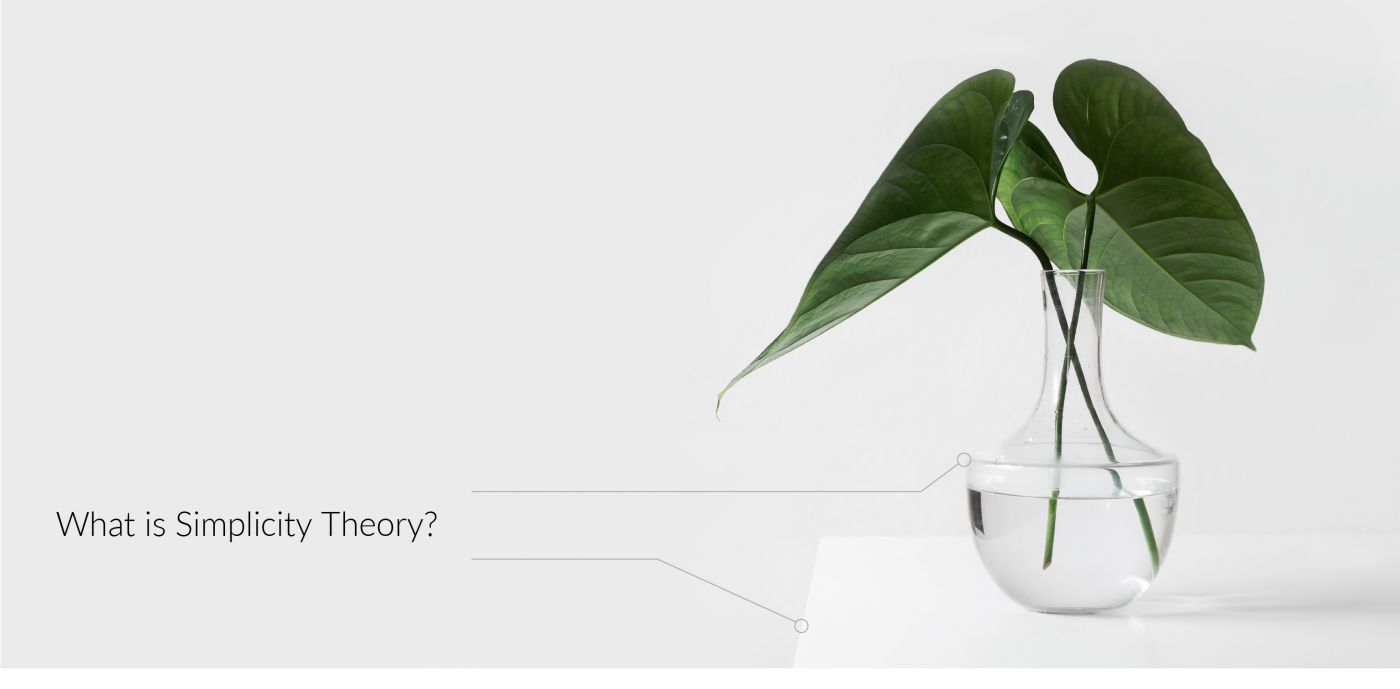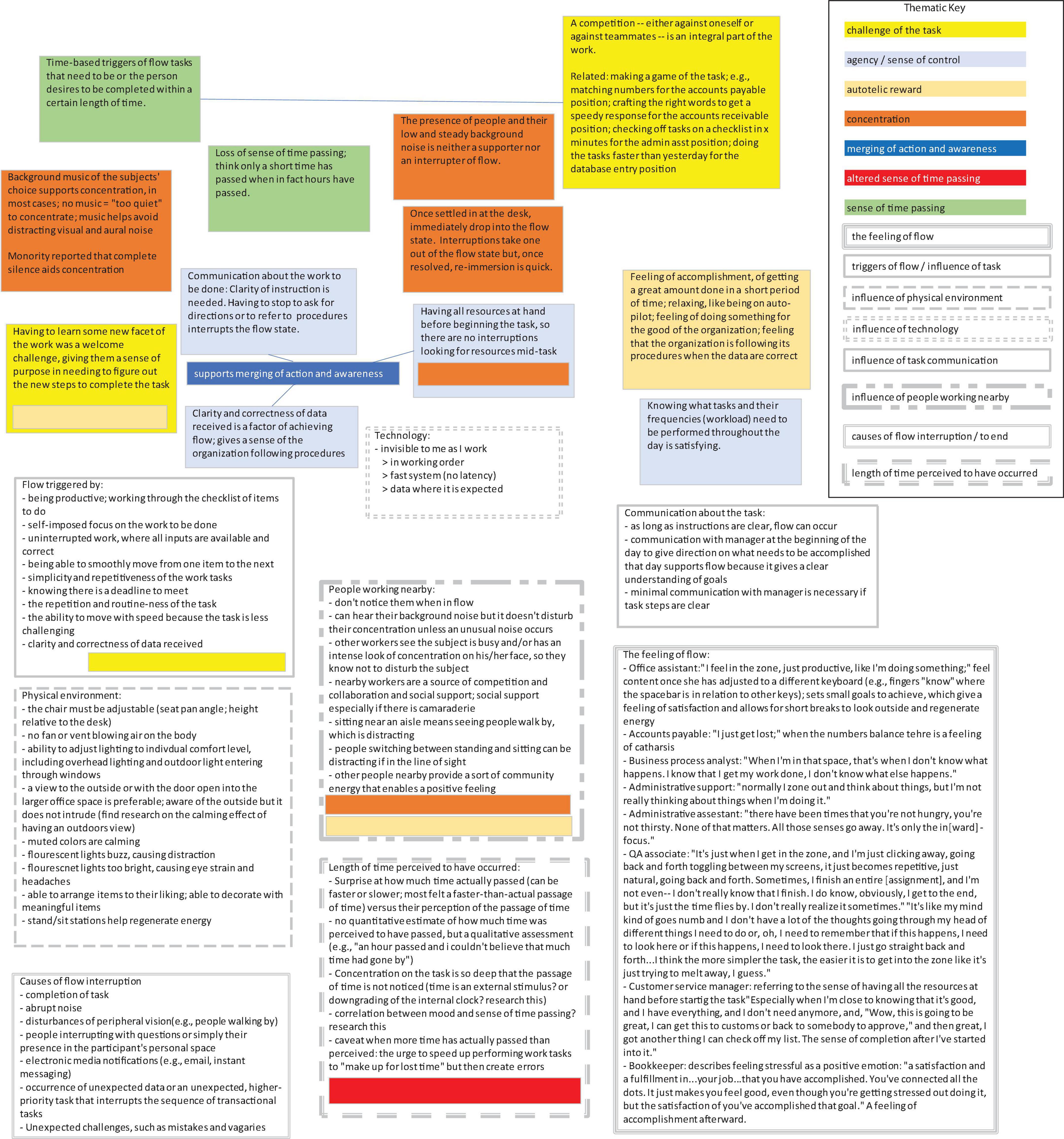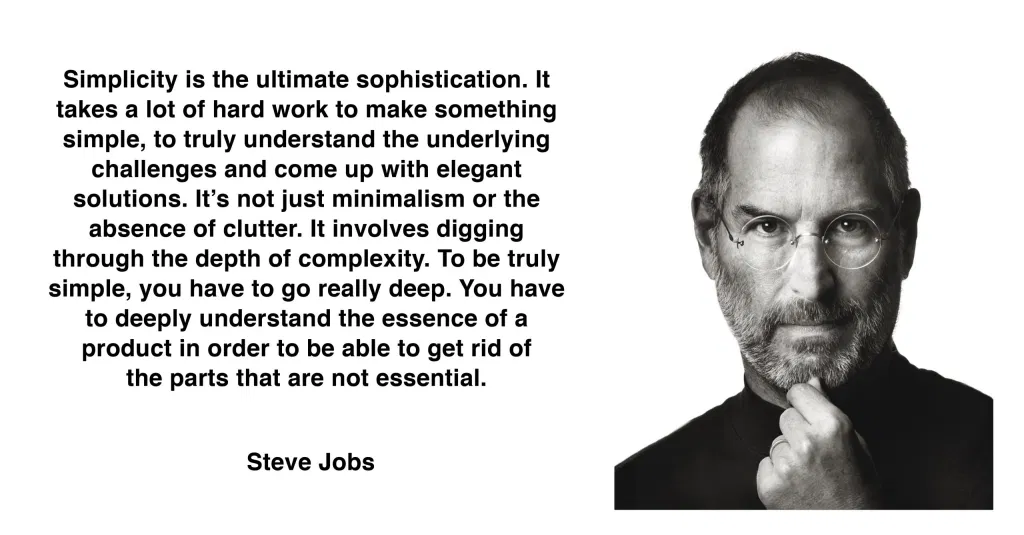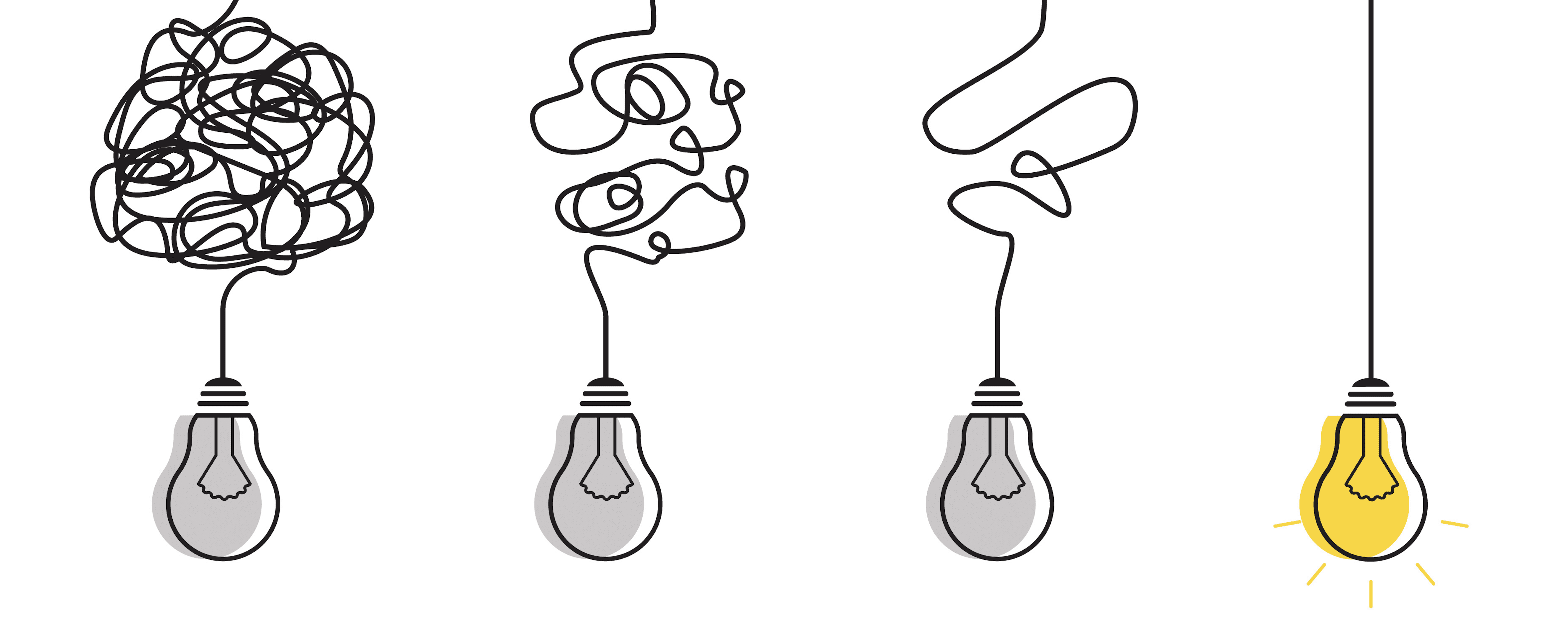
The Psychology of Simplicity
In Psychology, the simplicity principle posits that the mind draws interpretations of the world – mental models or mental representations that are as simple as possible or at least are biased towards simplicity. The idea takes different forms in different areas of cognition, depending on the nature of numerous perceptual and cognitive problems the mind encounters. In many areas of cognition, researchers have found that human thought incorporates a bias towards simplicity. Perceptual Psychology The principle of simplicity first arose in perceptual psychology via the Gestalt notion of Pragnanz. The idea is that the mind prefers coherent and presumptive interpretations of sensitive data, for illustration interpreting silhouettes as the boundaries of objects, completing shapes plausibly behind occluders, and so forth. Simplicity proposition is the cognitive proposition that seeks to explain the attractiveness of situations or events to mortal minds. Who is a simple person? A simple person is someone who…

Reflection of the Simplicity Design Principle to the Design

The Art of Simplicity: Decoding the Intricate Psychology Behind Minimalist Design

What Is Simple Design?

How to Practice Simplicity

A Simpler Life by The School of Life
Simplicity becomes the ultimate goal.. - Humans psychology - Quora

The Psychology Of Simplicity. “Simplicity is not about deprivation…, by Nikitha, Dec, 2023

Embedded Insurance Insurance Innovation Takes a Big Leap

What is Simplicity Theory? Why people prefer simple experiences

Frontiers Simplicity and predictability: a phenomenological

Endless Gain Consumer Psychology in Optimisation: What Works for

Greatness Through Subtraction: Unlocking the Genius of Achieving More by Doing Less by Sam Schreim









